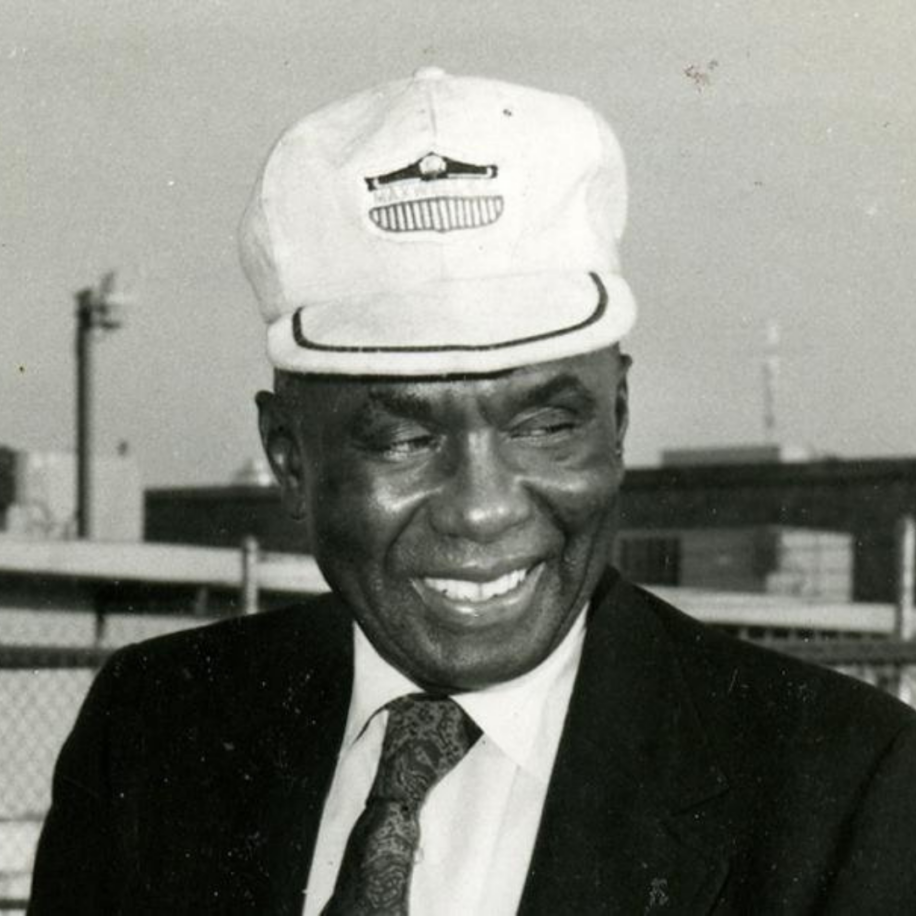Many attribute the concept of Community-Supported Agriculture (CSA) to have come from Europe or Japan and spread to the United States in the 1980s, but a parallel model can be traced back 20 years earlier to Booker T. Whatley in the 1960s. The Black community is deeply rooted in the history of CSAs, but it is rarely discussed. Similar to many historical contributions of people of color, this story too is forgotten.
A CSA program involves the community sharing the risks and benefits of food production with the farmer. Customers can subscribe to regular distributions of seasonal produce by purchasing a share of the farm’s production before the growing season.
In the 1960s, Booker T. Whatley, a horticulturist and agricultural professor at Tuskegee University, recognized that Black farmers were deeply struggling. They were repeatedly denied loans and other financial support from the federal government, making it extremely difficult for them to stay afloat.
Whatley came up with the idea of clientele membership groups that would provide farmers with a guaranteed market and customers with growing season’s worth of produce that is distributed weekly. This stemmed from the idea that “there’s not going to be support from above from the government, [so] you have to find the support within the community,” said Clyde Ford, an author and corporate trainer on racial justice. “The concept of ‘buy local’ wasn’t just to support the community; ‘buy local’ was survival for Black folks. It was the only way, in many instances, that they were able to survive.”
When support from the government failed, community support was what kept Black farmers afloat. Whatley’s Clientele Membership Club is a parallel model to the current CSA system that was reintroduced and popularized in the U.S. by European farmers Jan Vander Tuin and Trauger Groh in the 1980s. Both models require members to pay upfront at the beginning of the growing season, which means members share some production risks while also helping the farmer to focus on proper land stewardship and growing crops.
Since the spring of 2020, CSA programs have seen a surge in demand. Local Harvest connects consumers with over 7,000 CSAs nationally, and their site received a surge of traffic in early March 2020. Local Harvest quickly saw their daily website views double and then quadruple, until their servers were crashing by the end of March.
As the pandemic grew worse, we were faced with empty shelves at the grocery store and many were worried about where they would find their next meal. CSAs helped as members were guaranteed a box of fresh produce each week and had veggies delivered to them. Joining a CSA program makes having access to fresh foods easier while also allowing you to support your local farmers.
Seek out Black-owned farms and CSAs to support this Black History Month and all year long. Supporting Black-owned CSAs can come in many forms: subscribing to their product boxes, encouraging local restaurants to buy their produce, donating to their organization, or spreading the word about their programs in your community.
There are 22 CSAs near Indianapolis alone. Learn more about Black-Owned CSAs all around the country here.

